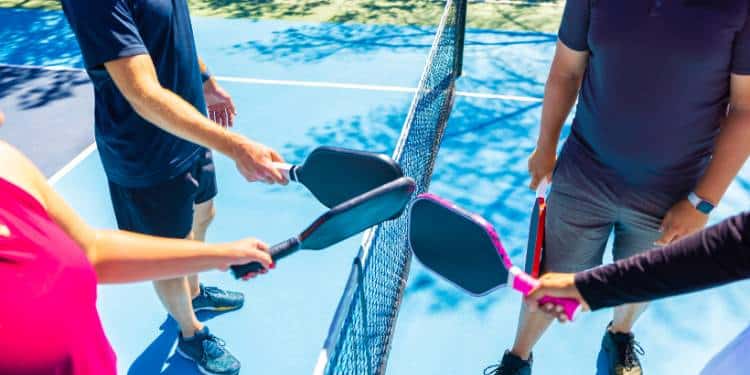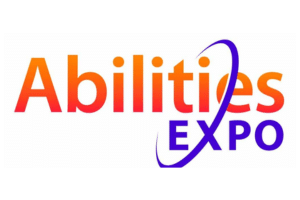by Theresa Kitts, co-founder of Pickleball Donkey
Remember that summer a few years back? The one where every conversation involved a funny-looking paddle and a cryptic word – pickleball? It was everywhere. Neighborhood barbecues buzzed with discussions about backhands and dinks. Morning walks turned into impromptu strategy sessions for upcoming matches. Even the local news featured an enthusiastic report on the growing popularity of this “strange new sport.”
As an exercise enthusiast, staying active and exploring new things has always been my mantra. But pickleball? It just seemed a bit out of left field. Was it some fad for the millennial crowd? Besides, who wants to risk a pulled hamstring learning a new sport “at this age,” right?
Pickleball for Beginners
Well, that was the skeptical me a few years ago. Now, let me tell you, my biggest regret is not joining the pickleball revolution sooner! But before you picture me as a natural athlete effortlessly dominating the court, let me assure you the journey was anything but. It was a journey filled with misconceptions, hesitant steps, and ultimately, discovering that pickleball was a sport that brought unexpected joy, fitness, and a fantastic community.
My initial resistance stemmed from a few fundamental misunderstandings. I envisioned pickleball, also known as pickelball and pickle ball, as some high-octane racquetball on steroids. I thought the sport required lightning-fast reflexes and a level of athleticism I hadn’t possessed since college. Additionally, I pictured myself needing all sorts of fancy equipment and battling it out with many competitive youngsters. Little did I know that pickleball is the perfect blend of fun, fitness, and friendly competition tailor-made for folks like us in our 50s and beyond.
Starting My Pickleball Journey
As with most good things, the turning point came from a friend. Martha, my neighbor and walking buddy (who can outpace me on any given day!), casually mentioned attending beginner pickleball clinics at the local park. Martha is one for trying new things, and her infectious enthusiasm is hard to resist. So, with a healthy dose of curiosity and a touch of peer pressure, I signed up for the next beginner clinic, and my heart filled with excitement and trepidation.
Is Pickleball Easy to Learn?
Is Pickleball easy to learn? Great question. The answer is yes, though walking onto the pickleball court that day felt like stepping onto a foreign planet. The brightly colored court with its strange markings seemed intimidating, and the players, a diverse mix of ages and skill levels, buzzed with a quiet energy. Self-doubt began to creep in. “What am I doing here?” I whispered under my breath.
But then, something wonderful happened. One of the instructors, a friendly woman named Sarah, noticed my hesitation and approached me with a warm smile. “Welcome!” she exclaimed, her voice radiating genuine enthusiasm. “Are you new to pickleball?”
Hesitantly, I nodded.
Sarah’s smile widened. “Don’t worry,” she said, “We all start somewhere. Today’s about learning the basics and having some fun.” She then explained how to play pickleball, starting with the game’s fundamental pickleball rules – the underhand serve, the non-volley zone, affectionately called the “kitchen”, and the scoring system.
As the clinic progressed, my initial anxiety started melting away. The basic movements felt surprisingly natural –like a combination of tennis and badminton, minus the intense running. The smaller court size compared to tennis was a welcome relief for my aging knees, and the focus on strategy and finesse over raw power put me at ease.
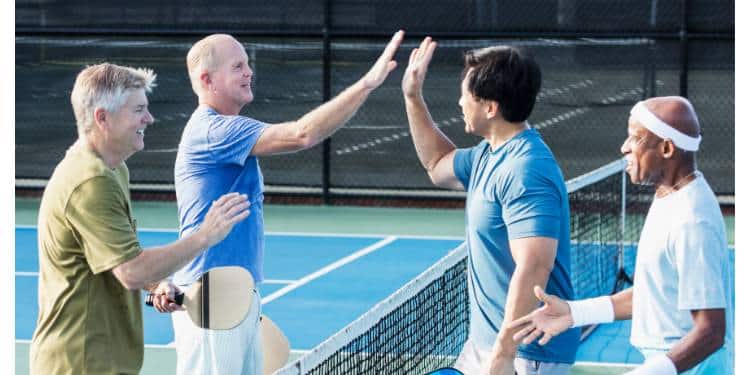
Benefits of Playing Pickleball for Seniors
The benefits of playing pickleball for seniors – for anyone, really – are many. Most find there are both social and physical benefits to participating in the sport.
Social Benefits of Pickleball
The most surprising aspect of the clinic wasn’t the game itself, but the people playing it. The atmosphere was incredibly welcoming and supportive. Laughter filled the air as players missed shots or misjudged volleys. No one seemed to mind the occasional blunder, and everyone offered encouragement and helpful tips. It was clear that the sport wasn’t just about winning or losing; it was about enjoying the company, getting some exercise, and engaging in friendly competition.
By the end of the clinic, I was hooked. Not only was there a sense of accomplishment in mastering the basic skills, but I also felt satisfaction in connecting with others through a shared activity. Perhaps, most importantly, I felt a genuine sense of fun that I hadn’t experienced in a long time.
From that day on, pickleball became a regular part of my life. I started attending weekly beginner sessions, gradually building my skills and confidence. As my game improved, I moved on to intermediate clinics, where the competition became a little more intense, but the camaraderie remained strong.
Mental and Physical Benefits of Pickleball
Pickleball transformed my physical and mental well-being in ways I couldn’t have predicted. It’s a fantastic, low-impact exercise that increases my heart rate without putting undue strain on my joints. This wonderful sport challenges my mind with strategic thinking and quick reflexes. But most importantly, it’s a social outlet that brings me immense joy.
The pickleball community became my extended family. There’s John, the retired history teacher with a wicked drop shot and an endless supply of historical anecdotes between rallies. There’s Maria, a vibrant former yoga instructor with incredible flexibility and a contagious laugh. And there’s Ben, the quiet tech wiz who can analyze your game with laser focus and help you improve your weaknesses. These are just a few of the amazing people I met on the court, people who share my passion for the game and zest for life.
BEST GIFTS FOR PICKLEBALL PLAYERS
How Pickleball Reignited My Competitive Spirit
Beyond the mental, physical, and social benefits, pickleball also reignited my competitive spirit. I started participating in local tournaments as I progressed from beginner to intermediate. These weren’t high-stakes professional events, mind you, but friendly competitions aimed at fostering camaraderie and showcasing skills. My first tournament was a whirlwind of nerves and excitement. Partnered with Sarah, my friendly instructor from the beginner clinic, we entered the mixed-doubles category. We didn’t win, but we fought hard, learned a lot, and, most importantly, had a blast.
The beauty of pickleball tournaments is that they cater to all skill levels. There are divisions for beginners, intermediates, and even seniors. The focus is on sportsmanship, having fun, and celebrating each other’s successes. After a few tournaments, I started winning some matches, and the thrill of victory was a sweet reward for my dedication and newfound skills.
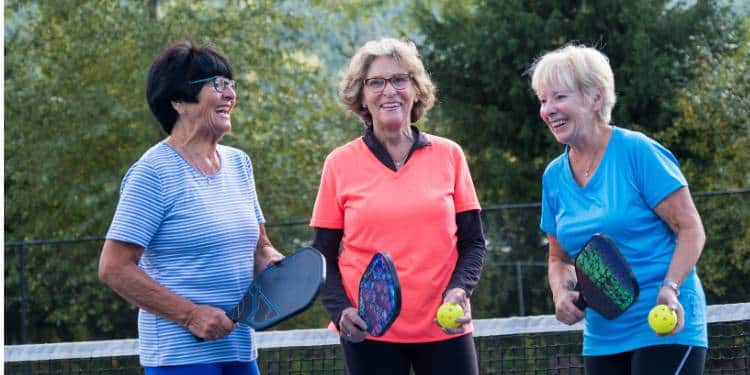
The Joy of Pickleball for Seniors
Pickleball’s impact has transcended my own life. It’s become a way to connect with my family as well. Initially bewildered by the strange paddles and bouncing ball, my grandkids became enthusiastic supporters. They love cheering me on from the sidelines, and sometimes, I even convince them to join me for a fun, low-pressure doubles match. It’s a fantastic way to bond with them, get them moving, and create lasting memories together.
The joy of pickleball even spilled over into my professional life. As a digital marketer, I started incorporating elements of the game into my work with clients, particularly those in the 50Plus age group. Pickleball’s focus on coordination, agility, and strategic thinking aligns perfectly with some key areas where older adults may need support. I even organized “pickleball for fitness” workshops, introducing clients to the game as a fun and engaging way to improve their well-being.
Looking back, my initial hesitation towards pickleball seems almost comical. It shows how easily we can dismiss things based on misconceptions. Pickleball has proven to be more than just a sport; it’s a social phenomenon that brings people together, fosters a sense of community, and promotes healthy living. It’s a game for everyone, regardless of age or athletic ability. So, don’t be a stranger the next time you see a pickleball court. Grab a paddle, embrace the unknown, and discover a world of fun, fitness, and friendship waiting to be explored.
Beginner Pickleball Tips
Here are some beginner pickleball tips and resources to help you get started:
- Local Pickleball Courts: Many communities offer public pickleball courts. Check with your local parks and recreation department or search online for listings.
- Beginner Clinics: Most local pickleball communities offer beginner clinics to introduce newcomers to the game.
- Online Resources: Numerous online resources are available, including instructional videos, rule explanations, and pickleball communities where you can connect with other players.
The Bottom Line
Pickleball took me a while to embrace, but it’s now an integral part of my life. Who knows, maybe it can become a part of yours too!
About the Author: Theresa Kitts

Theresa Kitts, the co-founder of Pickleball Donkey, resides in Southern California and manages a digital marketing agency with her husband, Jim. She has been playing pickleball from Palm Springs to Ventura’s coast for over ten years. Theresa has been enveloped in the dynamic world of pickleball for over a decade, a journey that started with games among friends and family. She meticulously reviews equipment, provides new tips and tricks for the game, and advocates for pickleball across California. Theresa and Jim can be reached at outreach@pickleballdonkey.com.
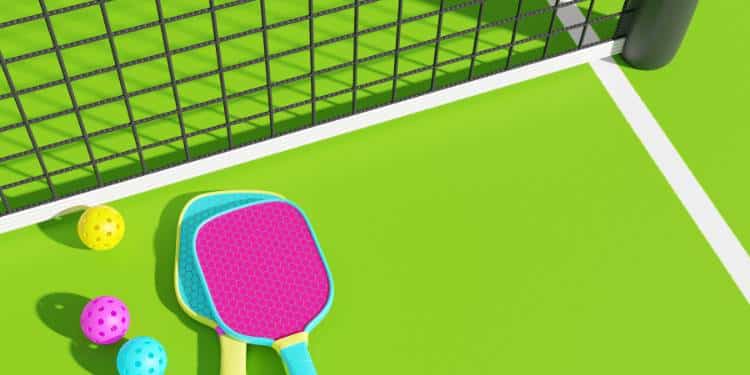
FAQs About Pickleball
Here are some commonly asked questions about pickleball along with their answers.
Is pickleball easier to play than tennis for seniors?
While pickleball and tennis share some similarities, there are also some key differences. Pickleball is played on a smaller court with a lower net than tennis. Pickleball paddles are also smaller and lighter than tennis rackets. Additionally, pickleball uses a plastic ball with holes, while tennis uses a felt ball. Overall, pickleball is a slower-paced game that is easier to learn than tennis.
How do you play pickleball?
Pickleball is played either as singles (one player on each side) or doubles (two players on each side). Players use paddles to hit the ball over the net. The serve must be made diagonally cross-court, and players must let the ball bounce once on each side before volleying.
What equipment do I need?
To start with pickleball, you’ll need a paddle, pickleballs, and comfortable athletic clothing and shoes. Pickleball paddles come in a variety of materials and weights, so you can choose one that suits your playing style and budget. Pickleballs are typically sold in cans; you can find them at most sporting goods stores. PICKLEBALL PADDLES UNDER $50.
What are the basic rules of pickleball?
Some basic rules of pickleball include serving diagonally, allowing the ball to bounce once on each side before volleys, staying behind the baseline during serves, and not stepping into the non-volley zone (the kitchen) unless the ball has bounced there.
How is scoring done?
Pickleball is typically played to 11 points, and the game must be won by a margin of at least two points. Only the serving team can score points, and points are scored on every rally.
Can pickleball be played indoors and outdoors?
Yes, pickleball can be played both indoors and outdoors. Indoor courts are typically made of wood or synthetic materials, while outdoor courts are often made of concrete or asphalt. The game can be adapted to different court surfaces and conditions.
How can I find places to play pickleball near me?
There are a few ways to find places to play pickleball near you. You can search online for courts in your area, or contact your local parks and recreation department to see if they have any public courts available. Many community centers and tennis clubs also offer pickleball courts. One easy way to find a court in your area is to use the USAPA smartphone app called “Places2Play” (for iPhone users only).


